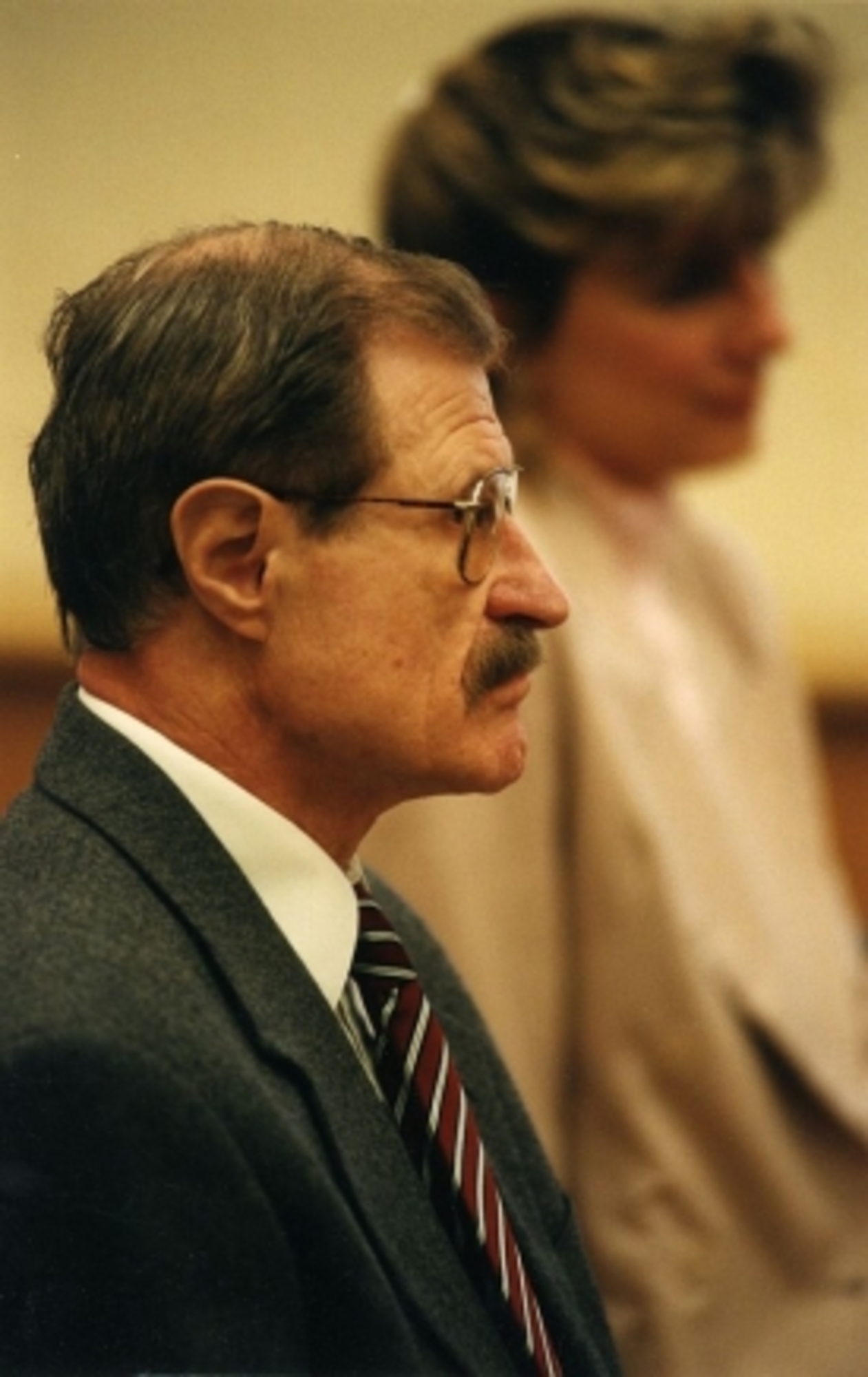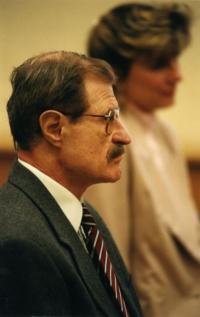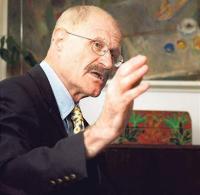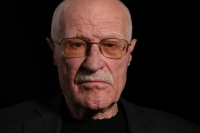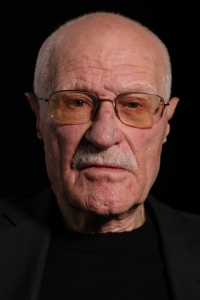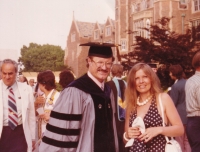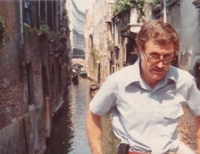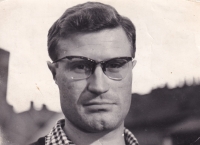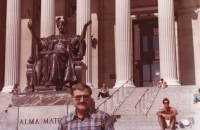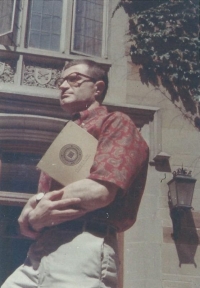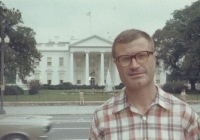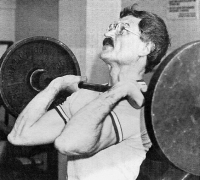“I was still trying to get to a position where I would not only have an opportunity to get some information, but where I would have the chance to actively learn something valuable and have an influence on the development of activities and strategies. I was working in the CIA quite successfully, and I eventually managed to attain this. In 1976 I was offered work in the office... It was basically a think tank, a small analytical research institute within the CIA structure, which served as the brain for their analysis. It was the most secret office, which had access to absolutely all CIA materials, and which was producing documents of even greater importance. I wrote a report of over hundred pages - I think I still have it somewhere – which discussed the assignment to get into the thinking of Soviet leaders and to find out the motives for their decisions, use examples from their personal histories to analyze them, and to determine whether they are pragmatical or ideological in their decision-making, what inclinations they have... similar investigations were carried out on Hitler during WWII. This was the top secret department, which meant the following: in order to get inside the CIA, you need to pass through many checkpoints. Then you take the elevator to their floor, pass through doors with coded access locks - every room had a coded access door in the CIA. I managed to get inside of all this, and get to the very top – and I reported it to Prague. That was when Kalugin intervened. What he achieved was that I was summoned to a meeting in Prague. He got scared. Kalugin, an American agent, got scared, because at that level, it was quite possible that I would find out about it. Or that I would be able to deduce who was sending the information to them. And I think he didn't dare to tell this to the Americans, because otherwise I would have been arrested immediately. If somebody had identified me, I would have been arrested and it would be then up to him. Because nobody else knew about me. Because Kalugin was the only Russian who had my materials. He solved it the same way he had done it with Schtschadrin, whom he had kidnapped and killed, whom he had probably killed by himself. Schtschadrin had also posed a personal threat to him, and he had been in a similar situation like me, working at the top level. And so I was called off to Prague, and everything was wonderful and everybody admired me, and then Kalugin appeared there and began to question me about some facts which I was not able to remember. His reaction was: ´You see?! He is not answering!´ He called me an enemy, who was working for the Americans and asked the intelligence service to get rid of me. He writes about it in his memoirs, where he exposed himself, and thus there is no doubt that it really was so. By the way, there is one more memoir, because Kalugin didn’t arrive alone to Prague; he allegedly came for a business trip with another person from the intelligence service. He was now after me. He wanted to meet me, he was asking about me, but he had been directly ordered by Andropov not to do it. This other guy writes that as soon as he heard it, he informed Andropov, that he phoned to Andropov from the Soviet embassy, and Andropov again forbade Kalugin to have any further contacts with me. Nevertheless, he still contacted me, and it is evident that he went against Andropov's order. Shortly after, Kalugin was kicked out from his position. I suspect that it might have been because of me, because he had disobeyed the order, because Andropov liked me quite well. But then he probably didn’t want to be involved in this, because the Czechs and Slovaks were autonomous to a certain extent, and he didn't really want to give orders to them. He didn’t want to turn them into enemies, and thus he left Köcher alone. So there I was in the villa near Benešov near Prague, and Kalugin told them that I was the enemy...”
